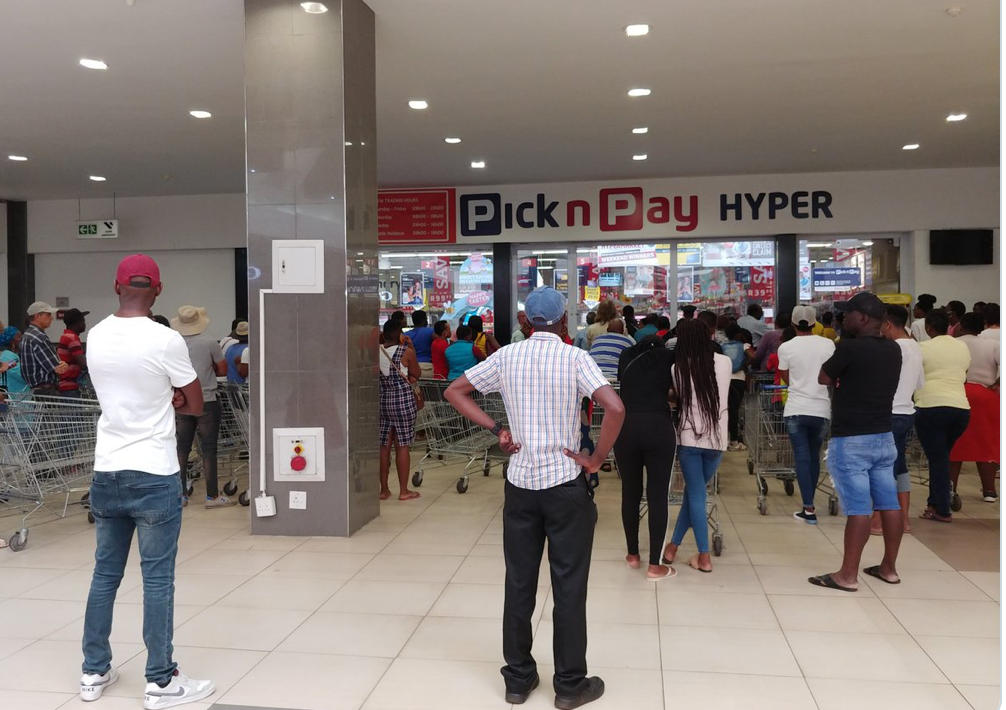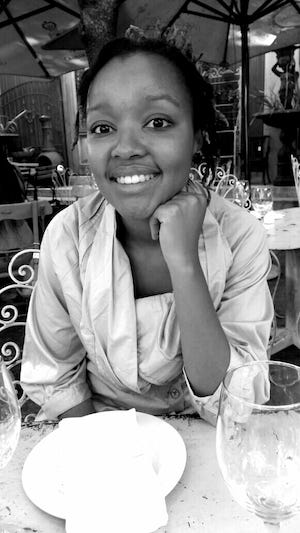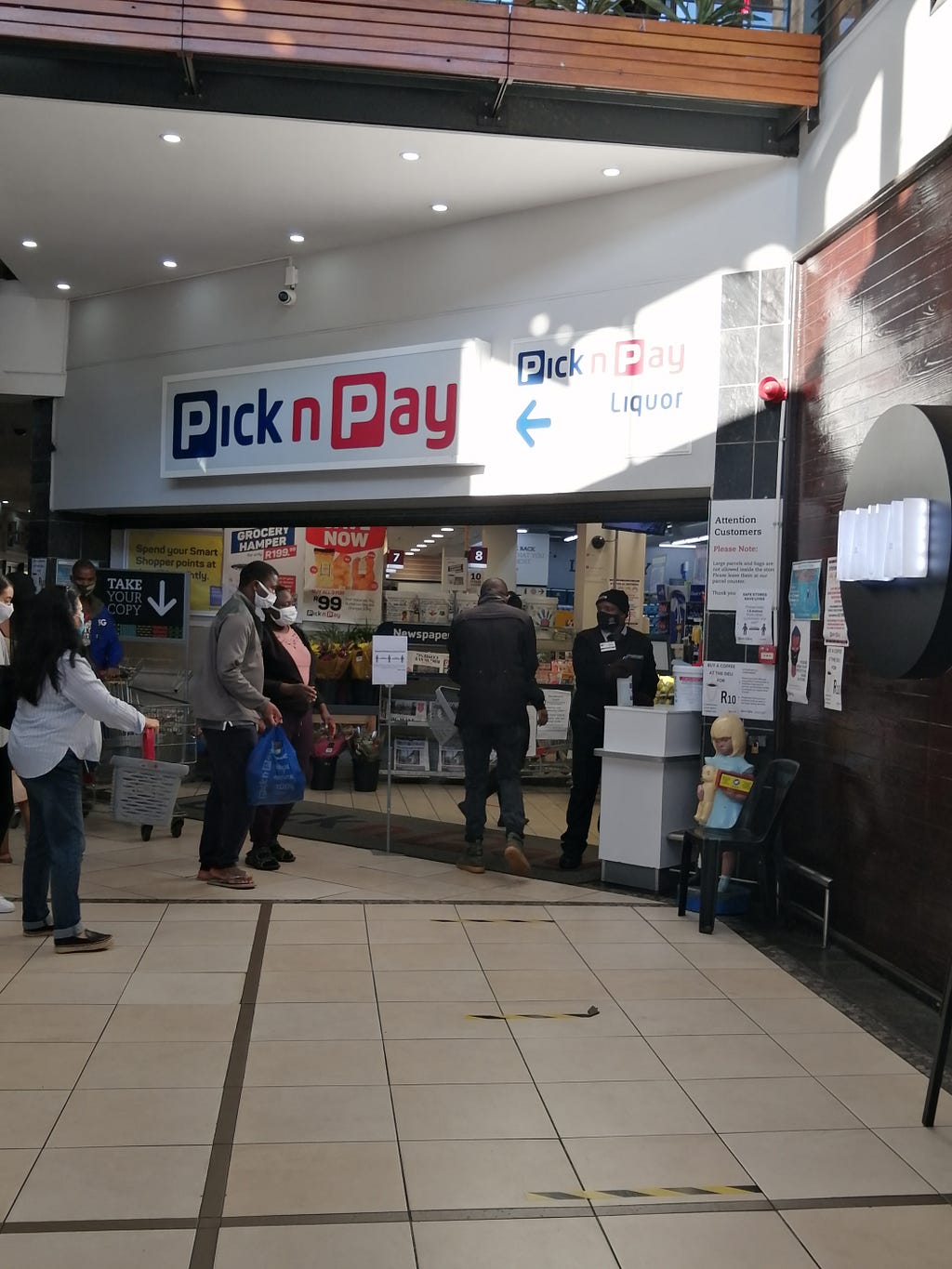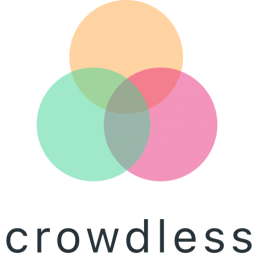by: Sandiswa Mapukata, Campaigner for Social Justice and Sustainable Urban Development Researcher, Johannesburg, South Africa
@Sandiswa_17

I am a young South African working for an urban research institute based in Johannesburg. I am incredibly passionate about social justice and sustainable urban development.
In early March 2020, I received the wonderful news that I had received an offer for the LSE’s MPhil/PhD programme in Human Geography and Urban Studies. At that stage, I had not yet secured funding but I was not worried as I knew that I had more than enough time to secure some. Within three weeks, my plans for 2020 were upended as the first case of COVID-19 coronavirus was reported in South Africa. By the end of March 2020, South Africa’s president Cyril Ramaphosa had put in place a nationwide lockdown severely restricting movement and trade. This was initially meant to last for three weeks.

We are now more than two months into the lockdown with our government gradually easing us back into whatever normality is possible. I have accepted that I may have to defer my entry into the programme by another year which has been disappointing but understandable given the circumstances.
I think our government has done an amazing job but there have been some flaws with the drafting and implementation of some of the lockdown regulations. With the gradual reopening of the South African economy, there has been a worry around increased exposure to COVID-19. South Africa has yet to reach its peak of COVID-19 infections and related deaths. We are expected to reach the peak of our infections in late August/ early September. However, our government has largely succeeded in buying enough time to manage the anticipated caseload through our already strained healthcare system.
People who reside outside of middle-class areas will struggle to observe social distancing
Given South Africa’s socio-spatial history, people based in middle-class areas are better placed to practice social distancing than those who are not located in these areas. People based in townships and informal settlements (who constitute most of South Africa’s essential workers) find it more difficult to practice social distancing and often have to risk their health to take public transport to their jobs in supermarkets based in more privileged areas.
Shopping in the middle-class Capetonian suburb in which I am currently based, has been relatively easy. It has been fairly easy to practice social distancing whilst accessing essential items. The supermarkets in my area have been consistent with practicing social distancing. A set number of people are allowed into the supermarket and once that number has been exceeded then individuals have to stand outside in a queue. Once you get to the front of the queue, a security guard disinfects your trolley and offers you some hand sanitizer before you enter.
How Crowdless can help
I first heard about the Crowdless on Twitter. At the time, South Africa had just started its nationwide lockdown so I was really happy to hear about the existence of an app that would allow me to practice social distancing whilst getting essential goods.
Another reason why I was drawn to the app was because I was interested in how the app may assist people who live in marginalised areas to practice social distancing. It is important to note that with apartheid-era spatial design, individuals who don’t live in areas that were historically designated for white people are more likely to struggle with social distancing because their spaces were not designed to enable social distancing.

As the lockdown progressed, it became apparent that informal settlements and townships had become hotspots for police brutality under the guise of enforcing social distancing. It was with this in mind that I became interested in understanding how an app like Crowdless could be used by informal settlement and township residents to protect themselves and their family members whenever they had to get essential items from supermarkets.
This interest was the primary motivator behind my signing up to become a Crowdless Ambassador. Currently, I am busy engaging with various individuals who may be able to promote the use of the app on a wider scale. I do hope that my role will grow to one where I play a key role connecting key stakeholders with the Crowdless team to facilitate discussions around how the Crowdless app may be used as a tool for social justice in the South African context.
It will also be great to have other ambassadors on the ground promoting the app within several South African communities. An app like Crowdless will serve an important role in helping South Africans to reduce their exposure to COVID-19. One way the app will assist is through the feature which enables users to provide live updates of the busyness of supermarkets. Being able to choose favourite stores is also a great feature which will empower users to find information related to the busyness of the stores which they mostly buy from.
I have also had conversations with members of the team around allowing users to provide information on whether a store has been closed due to staff members testing positive for COVID-19. I think that this is a critical feature which will empower South Africans to choose which supermarkets to go to as they try to keep themselves.
Download Crowdless on iOS or Android today: crowdlessapp.co/app.
Blog: Observing social distancing in South Africa; a privilege for the few. was originally published in Crowdless on Medium, where people are continuing the conversation by highlighting and responding to this story.
